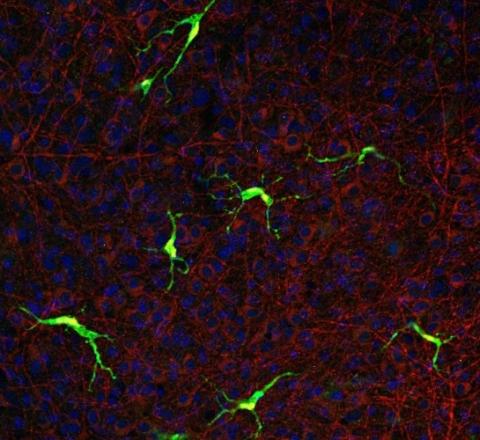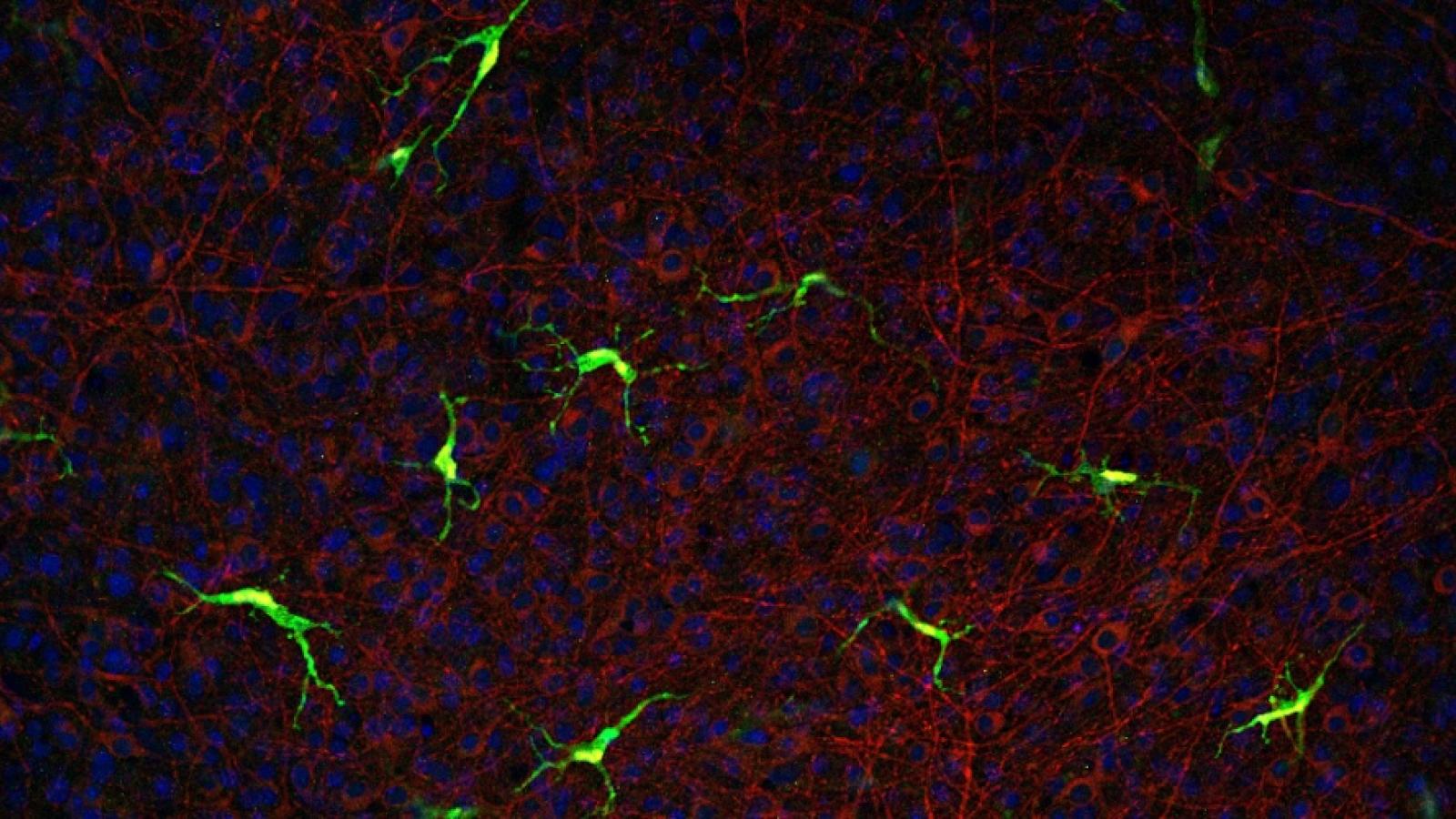The iPSC Platform to Model Alzheimer’s Disease Risk (IPMAR) is a major initiative, led by the UK DRI at Cardiff, which ran from 2021 to 2023. It was established to become one of the foremost cellular model resources available to study Alzheimer’s, helping researchers worldwide explore risk factors that contribute to development of the disease.
Late-onset Alzheimer’s disease is a multifactorial and extremely complex condition. In the majority of cases, the risk of developing it is determined by thousands of small contributions from our genes, along with environmental factors such as lack of exercise. Researchers have been analysing huge genetic datasets to generate polygenic risk scores (PRS), which are a calculation of an individual’s overall risk for developing Alzheimer’s. Led by Prof Julie Williams, the IPMAR team created a panel of cell lines from people with a range of polygenic risk for late-onset Alzheimer's.
These iPSCs can be transformed into nearly any cell type in the body, such as neurons or microglia (CNS-resident immune cells), and will be an invaluable resource for modelling and studying the complex biology that the disease presents. The cells and associated data will be made available to researchers across the world to allow others to use the tools to study the many aspects that contribute to late-onset Alzheimer’s disease.
News


Collaborators

UK DRI labs

